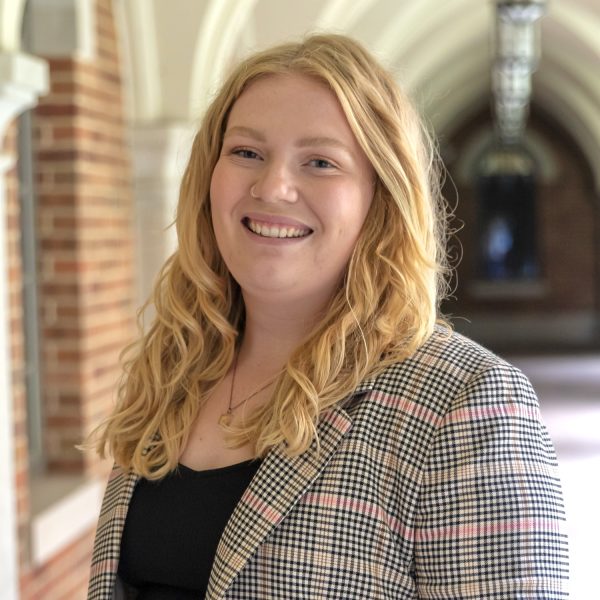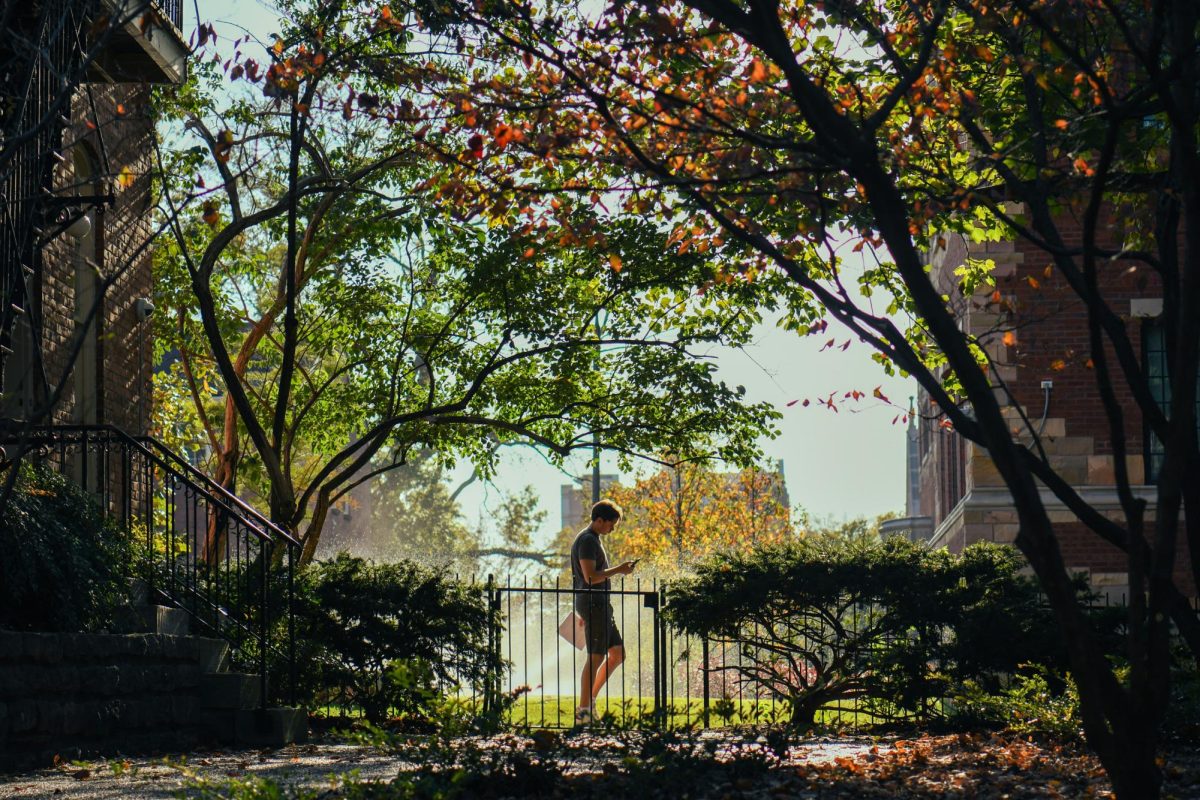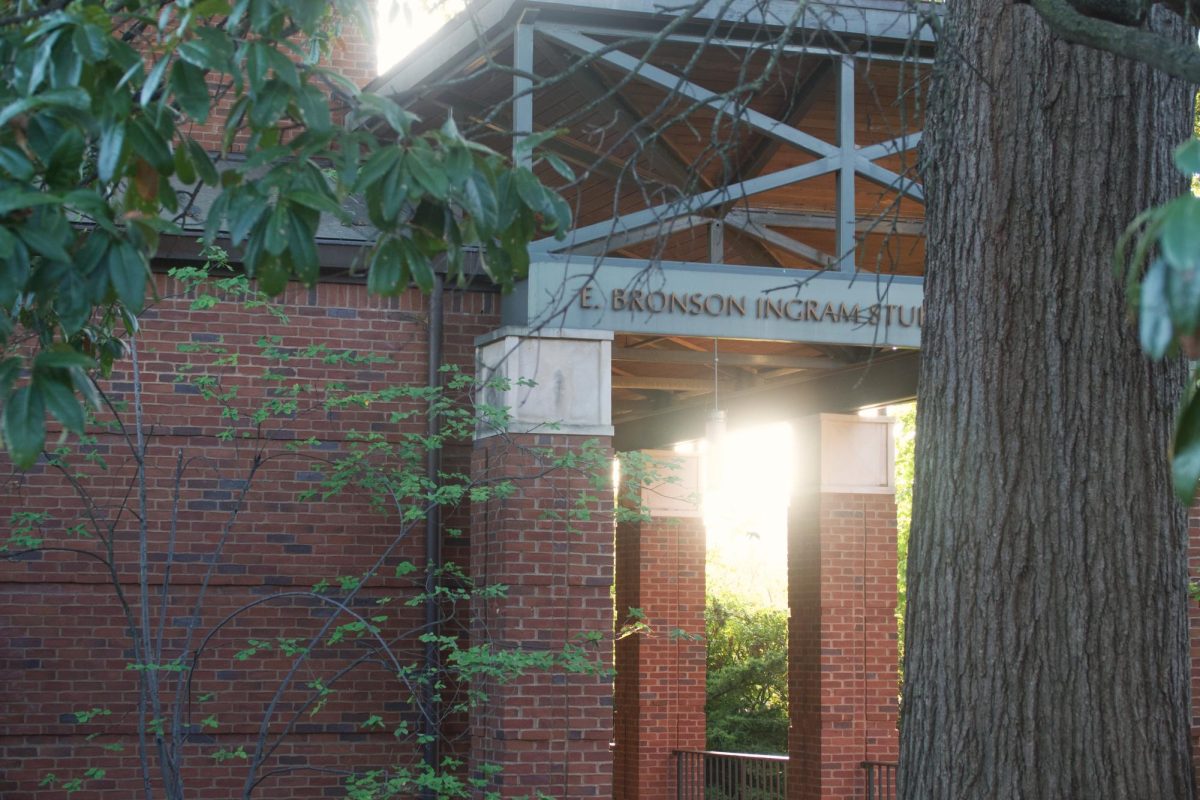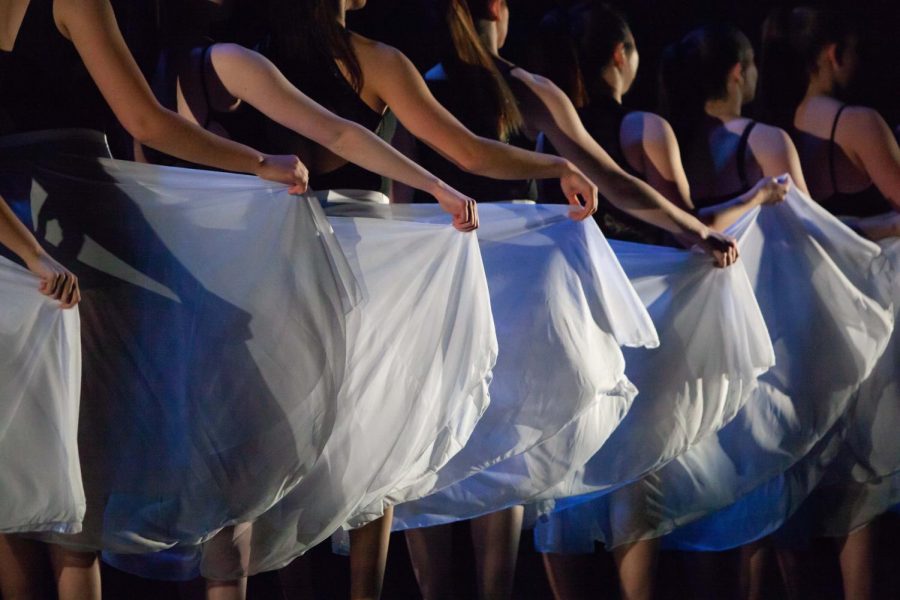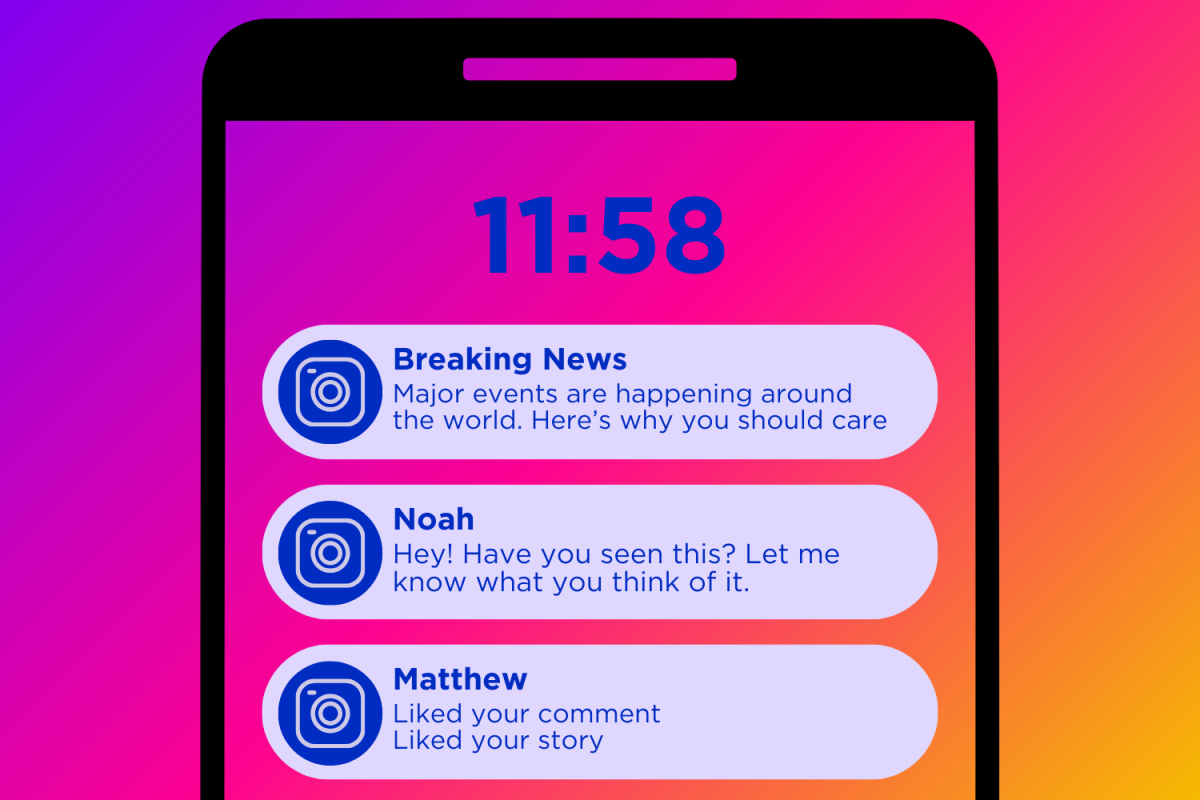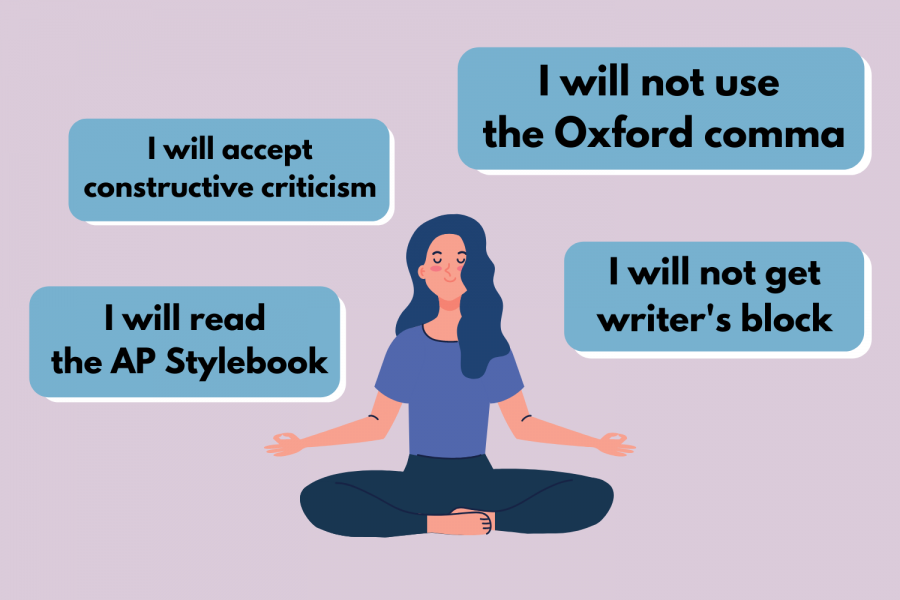Editor’s note: This piece contains mentions of sexual assault.
An Instagram account called @vusurvivors was created this past winter break with a mission to help survivors of sexual assault share their stories. Last semester, there were at least ten sexual assaults reported on campus, six of which occurred between move-in in late August and early October.
We spoke with the owner of @vusurvivors, a current Vanderbilt first-year. The account owner has been granted anonymity to maintain the ability to keep the account active, and keep consistency with anonymous survivors reporting to their account.
“I was inspired to make the account after my own experiences on campus involving the Title IX office on campus, as well as a Hustler article by Claire Rich. As a survivor, the process of going through a Title IX hearing is a very isolating process and it felt like people in Nashville and Vanderbilt did not understand what I was going through,” they said. “However, I did feel supported by other survivors and allies across the campus, so I wanted to bring people together, so that both survivors who realize that they are survivors and survivors who don’t realize that what has happened to them is not okay can come together and push back against that normalized culture of sexual violence.”
While the account owner has only been at Vanderbilt for a few months, they said that they easily noticed the rising number of sexual assault cases and general drinking culture in the Vanderbilt and Nashville communities. When the account owner was assaulted so soon upon arriving in Nashville for the first time, it was difficult for them to process that what happened to them was sexual assault. Although they acknowledge that Vanderbilt chooses to report incidences of sexual assault to students even when they are not legally required to, they also said that the Vanderbilt administration needs to do more about sexual assault on campus. In their own personal experience, Broadway—and particularly the way that it normalizes heavy drinking—has created an environment conducive to sexual assault.
“There is a culture around sexual assault and sexual violence that is very normalized at Vanderbilt, especially because most of what I have encountered through running this page has been alcohol-related acquaintance-based violence,” the account owner said. “I think that that is often the most normalized because there is this notion that drunk sex in college is just part of the college experience, which is really just normalized sexual assault.”
The account owner was inspired by a different Instagram account, @abolishvandyifcpanhellenic, which also shares student stories. While the two are not related, this account has shared stories of survivors of sexual assault when they are related to Greek Life events on campus. Because the account owner’s assault was not at an IFC event, they wanted to give other survivors the platform to share their stories and survivors that have been assaulted by members of the IFC community the chance to tell their stories.
“Most survivors who have reported their stories to my account have not directly given a connection to an IFC event or being assaulted by an IFC member,” the account owner said. “Greek [Life] events have the potential to have the effect where people feel safe because they are on campus, since campus police are present and some of the IFC events are registered. However, Greek [Life] events still obviously lead to horrible acts of sexual violence.”
Project Safe has been a major resource and help to the account owner throughout their time running the account. They explained that they regularly check in with the staff at Project Safe to make sure the right steps are being taken in regards to posts and anonymity.
“Project Safe is one of the best resources on campus for anyone and everyone,” the account owner said. “I have attended the Neurobiology of Trauma class as well as the Bystander Intervention Training. Project Safe does everything they can to help.”
Project Safe also serves as a central resource for those impacted by sexual violence and assists victims with navigating internal campus support, like the Title IX office and the University Counseling Center, as well as external support and law enforcement resources.
Additionally, Project Safe offers programming for students and faculty to become educated on how to be a good bystander. Under their Awareness, Prevention, Intervention, and Culture Change Programming is Bystander Intervention Training, which engages potential bystanders through “awareness, education, and skills-practice, in proactive behaviors that establish intolerance of violence as the norm.” These types of programming can be brought to dorm events, classes, cohorts and campus organizations.
As far as visions for the page going forward, their biggest goal is to protect the mental health of survivors, while still sharing as many survivor stories as possible. The account owner is also keeping a database of names sent to the account, so that survivors can connect with one another and not feel so alone. The names of abusers are not shared with other survivors unless permission is given, and never publicly on the account. The account owner also urges all readers, students, staff and faculty to be good, prepared bystanders.
“Stop normalizing sexual assault—do not romanticize drunken sex or sexual acts when intoxicated,” the account owner said. “Being aware of the bystander effect and actively working against it is huge.”




